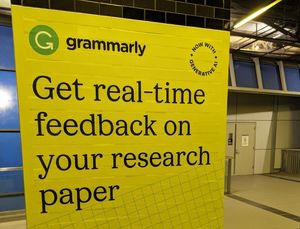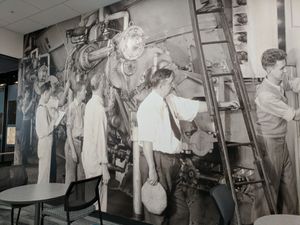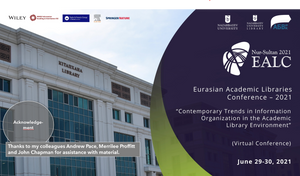An interesting set of blog entries discuss the centralised massive presence of Google in the loosely coupled web world. Is control of computing power or data more important? Not quite either, says Phil Wainewright:
Once this happens, it’ll matter less and less where the computing physically takes place, since computation will simply migrate to where it’s most effective (measured in terms of either cost or value). Tim O’Reilly says that what will matter then is “Who will own the data?” but I think that much of the data will be floating about for free, and the really important question is not going to be the data itself but how you view it. In short: Who will own the context? Jon is right to end up by highlighting vantage points, because owning data won’t get you very far unless you can put it in a context that adds value. Doing exactly that of course is what has already made Google so much money. [Primordial soup – Loosely Coupled weblog, May 7th 2004 10:12pm]
From the Udell entry he is commenting on:
Network theorists believe that all networks inevitably form hubs. The �services fabric� that enterprise architects are now weaving may sound egalitarian, but it�s not immune to this law. Google�s supercomputer � or supernode � gives it a leg up on the competition. Yours, however you define it, will too. [InfoWorld: Google�€™s supercomputer: May 07, 2004: By Jon Udell : HARDWARE : NETWORKING]
Some suggestive posts here for OCLC in the context of Open WorldCat.



